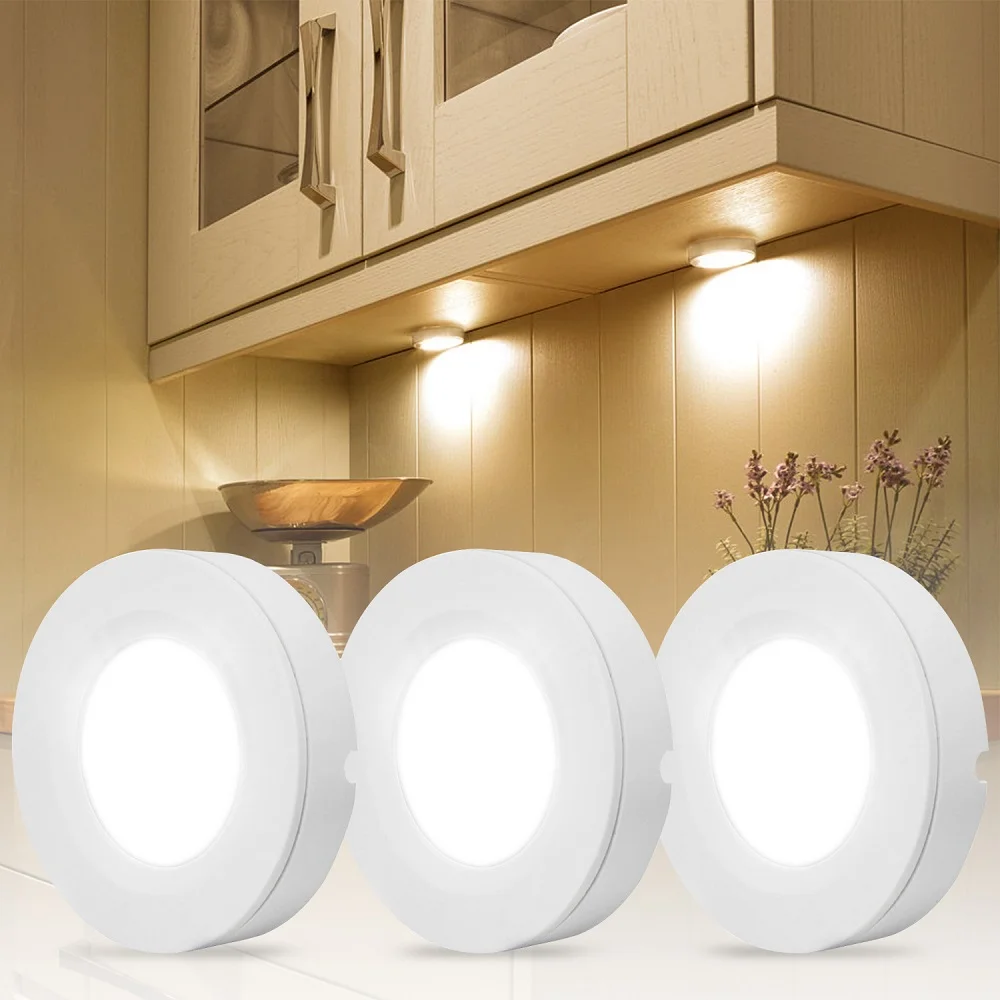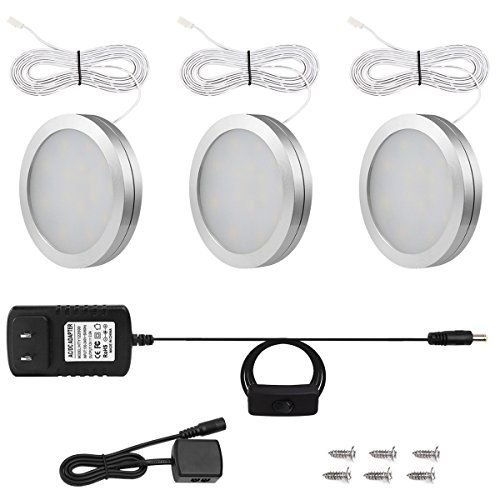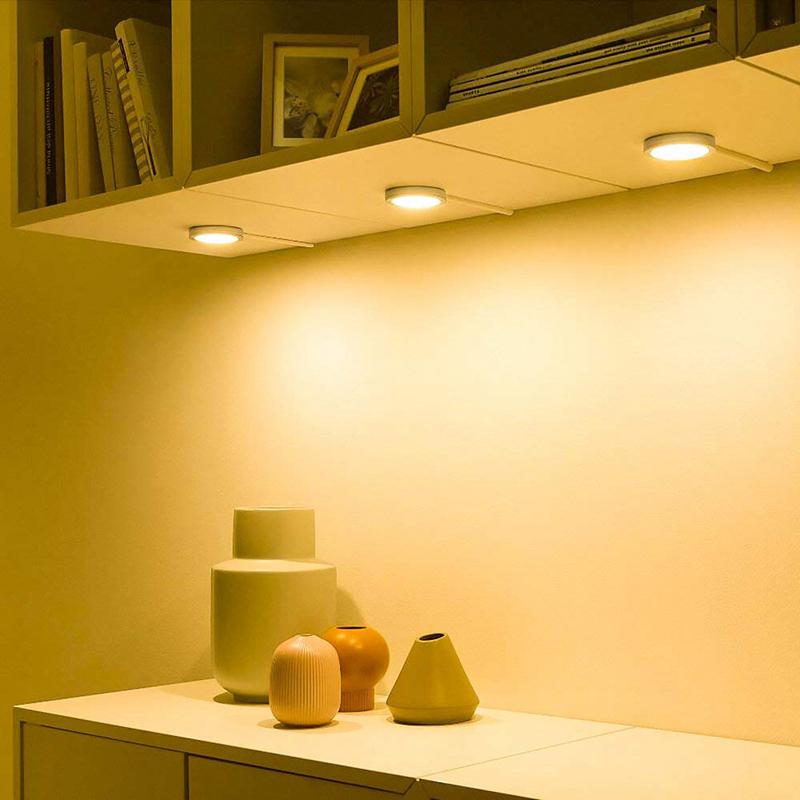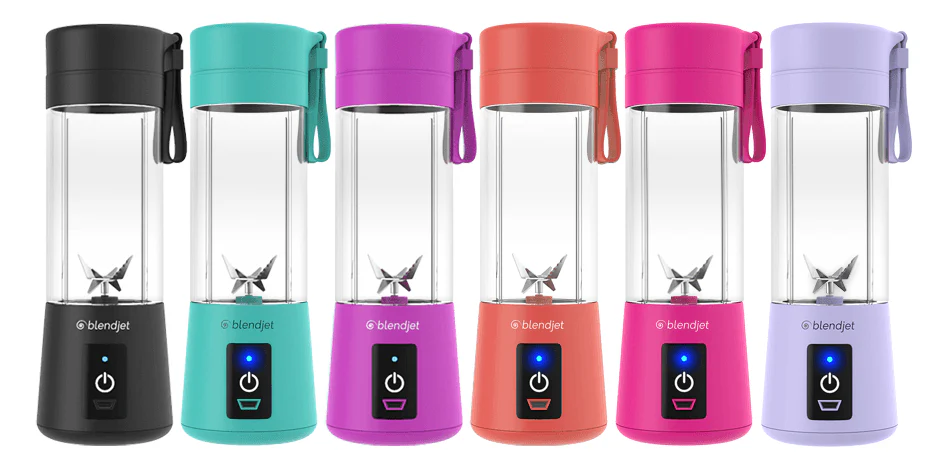LED Under-Cabinet Lights Sourcing Guide (Rechargeable, Motion-Sensor)

9/4/2025 · 8 min read · Sourcing Guides
LED Under-Cabinet Lights (Rechargeable & Motion-Sensor): The Complete Sourcing Guide

Why this product sells
- Solves a real problem: brightens dark kitchens, wardrobes, hallways—no wiring needed.
- Renter-friendly: magnetic/adhesive mounting; no drilling.
- Energy-efficient & safe: low-voltage LEDs, auto on/off via motion sensor.
- TikTok/UGC friendly: before/after lighting upgrades perform well on social feeds.
- Great economics: low unit cost, compact shipping, strong bundles (2–6 bars per kit).
Product anatomy (what buyers expect)
- Form factors: slim bars (20–30 cm most common; 30–40 cm = premium), and puck lights for spot lighting.
- Brightness: 100–200 lumens per bar for battery models (task lighting sweet spot).
- CCT (color temperature): 3000K warm / 4000K neutral / 6000K cool; ideally 3-CCT switchable.
- CRI (color accuracy): ≥80 standard; ≥90 for premium sellers (truer colors on countertops).
- Battery: 1,500–2,200 mAh Li-ion typical; USB-C charging; target ≈10 h continuous or 40–60 days in motion mode (depending on use).
- Motion sensor: PIR ~120° FOV; 3–5 m range; auto-off ~20 s; modes = Auto / On / Off.
- Mounting: magnetic back + adhesive metal plates (3M-class tape); optional screws.
- Build: PC/ABS housing, matte diffuser, aluminum heat spreader/backplate.
- Protections: FOD (for wireless-charging kits), over-temp via NTC, OVP/OCP on the driver.

Must-have certifications & documents (by destination)
(Always confirm local requirements with your importer or compliance lab.)
United States
- Safety: UL/ETL routes commonly reference low-voltage lighting (UL 2108) and LED safety (UL 8750) for the LED portions.
- EMC: FCC Part 15 (unintentional radiator).
- Battery transport: UN 38.3 test summary for lithium cells/packs.
European Union / UK
- Safety: EN/IEC 60598-1 (luminaires—general requirements & tests).
- EMC: EN 55015 (emissions) + EN 61547 (immunity) for lighting.
- Chemical/EPR: RoHS, WEEE; and the EU Battery Regulation 2023/1542 (labeling/QR info, take-back, etc., phasing in).
- UK: mirror with UKCA equivalents.
GCC / Middle East (if applicable)
- Check national schemes (SASO/SABER in KSA, ECAS in UAE) for low-voltage + EMC; lithium battery transport applies everywhere.
Pakistan (importer guidance)
- Coordinate with your customs broker on any SROs that affect LED fixtures and batteries. Keep UN 38.3 and test reports ready; Daraz/Amazon-style listings also benefit from clear specs, wattage, and run-time disclosures.
HS codes (for quotes & customs)
- Rechargeable, portable lamp (battery powered): HS 8513.10
- Hard-wired/mains fixtures (if you choose that variant): HS 9405.xx (Exact sub-code varies by design/material; confirm locally.)
Where to source (and why)
- China lighting clusters: Zhongshan (Guzhen) and Ningbo are the biggest ecosystems for ODM/OEM lighting; Shenzhen/Dongguan excel at electronics integration and accessories.
- Trade portals & fairs: Alibaba, Global Sources, HKTDC; lighting expos in Guzhen and Hong Kong are ideal to see dozens of factories side-by-side.
- Branded distribution (fastest path): Consider carrying private-label-friendly factory lines first; later, develop your own housing/finish to differentiate.
Typical 2025 factory metrics
-
MOQ: 300–1,000 units per model/color.
-
Lead time: 25–45 days (stock tooling/colors); +2–3 weeks for custom molds/finishes.
-
Indicative EXW pricing (guidance only):
- 20–30 cm bar, 150–200 lm, 3-CCT, 1,500–2,200 mAh: US$4.50–7.50
- 30–40 cm bar, metal frame, high-CRI: US$6.50–10.00
- Puck lights (60–80 lm/puck): US$1.50–3.00
- 2–3 bar kits with cable & plates: US$8–15
Copy-paste RFQ template (send this to suppliers)
Subject: RFQ – Rechargeable Motion-Sensor LED Under-Cabinet Light (30 cm Bar)
Hello [Factory Name],
We’re sourcing a rechargeable LED under-cabinet light with motion sensor. Please quote EXW and FOB [port] for 500 / 1,000 / 2,000 units and provide recent test reports.
Specs
- Size: ~30 cm bar (please share exact dimensions)
- Brightness: ≥150–200 lm per bar, uniform diffusion (no hotspots)
- CCT: 3-CCT (3000/4000/6000 K) switch or DIP
- CRI: ≥90 (quote also for ≥80)
- Battery: ≥2,000 mAh Li-ion, USB-C 5 V input; ≈10 h continuous or 40–60 days in Auto mode
- Sensor: PIR 120°, 3–5 m, auto-off ~20 s
- Mounting: magnetic back + adhesive metal plates (3M-class), include 2 plates/bar
- Protections: NTC over-temp, OVP/OCP
- Materials: PC/ABS housing, aluminum backplate, matte diffuser
- Accessories: USB-C cable (1–2 m), quick-start card
- Packaging: retail box suitable for e-commerce (drop-test certified)
Compliance (share reports)
- UN 38.3 battery test summary
- FCC Part 15 (or EN 55015 / EN 61547), EN/IEC 60598-1; RoHS, WEEE (if available)
Quality & Warranty
- 12–24-month warranty; RMA terms
- AQL plan for PSI: AQL 0/1.0/2.5 (critical/major/minor)
Please attach: data sheet, BOM highlights (LED package/driver IC/battery brand), certificates/test reports, production lead time, and photos/videos. Thanks, [Your Name / Company]
Supplier vetting checklist
- Papers: recent UN 38.3, EMC (FCC/EN 55015), EN/IEC 60598-1, and RoHS/WEEE declarations for this exact model.
- Build quality: aluminum backplate, clean diffuser, strong magnets; ask for magnet pull-force spec.
- Electronics: stable driver, thermal design (NTC cutoff), consistent LED binning.
- Battery: reputable cell brand; confirm labeled vs. actual capacity on samples.
- Process control: golden sample, IQC checks, burn-in records, traceable lot codes.
- After-sales: spare parts, response time, DOA policy.
Quality control you can run (PSI/FQI)
- Brightness & CCT: measure lumens and verify 3-CCT switch positions.
- Runtime: continuous mode for 2 hours—surface temperature must stay within safe limits; confirm projected run-time vs. spec.
- Motion tests: trigger at 1 m / 3 m / 5 m; verify auto-off ~20 s.
- Charge test: recharge via USB-C; check full-charge time (aim ≤2 h on 5 V/1–2 A).
- Mounting: magnet snap test; 72-h adhesive aging on sample surfaces.
- Sampling plan: e.g., AQL 0/1.0/2.5 (critical/major/minor).
Packaging that reduces returns
- Retail-ready box with internal tray; protect the diffuser from scratches.
- Clear icons: USB-C • 3-CCT • PIR 120° • 10 h Runtime • Auto-Off 20 s • Magnetic Mount.
- Include 2 metal plates per bar (plus spare adhesive) and a simple visual quick-start guide.
- Barcodes (EAN/UPC), proper ratings, importer details, and recycling marks.
Pricing & margin example (transparent math)
Assume a 30 cm bar with 200 lm and 2,000 mAh battery:
- EXW: $6.50
- Inland to port: $0.10 → $6.60
- Sea freight (bulk): $0.50 → $7.10
- Insurance: $0.02 → CIF $7.12
- Import duty (10% on CIF): $0.71 → $7.83
- VAT/Sales tax 15% (applied to CIF+duty): $1.17 → Landed ≈ $9.01
- Overheads (packaging, 3PL, returns buffer): $0.60 → Total ≈ $9.61
- List price: $19.99 → Gross margin ≈ $10.38 (≈52%)
Bundles (2-pack / 3-pack) can push AOV to $24.99–$39.99 with shipping nearly flat, improving blended margins.
Positioning & differentiation (how you win)
-
Two SKUs to start:
- Value Bar — 150 lm, CRI≥80, single CCT (lowest price).
- Premium Bar — 200 lm, CRI≥90, metal back, 3-CCT, braided USB-C cable, 2-year warranty.
-
Make brightness real: show photos of one bar under a 60 cm cabinet; include lux/coverage diagram.
-
Solve buyer friction: add extra plates/adhesives; include a cable clip; write a clear “how to place the sensor” tip on the insert.
-
Bundles that convert: 2-pack for kitchens; 3-pack for wardrobes/hallways.
Go-to-market channels & SEO
-
Amazon / Noon / Daraz / Shopify:
- Title: “LED Under-Cabinet Light, USB-C Rechargeable, 3-CCT, 200 lm, Motion Sensor 120°/10 ft, Auto-Off 20 s, Magnetic Mount”.
- Bullets: brightness, battery, CCT, sensor range, run-time, mounting accessories, warranty.
- A+ Content: wiring-free install storyboard, brightness chart, “what’s in the box,” QC badges.
-
Content ideas: short reels showing install in under 60 seconds, before/after shots, nighttime auto-on demo.
Risk control (and how to avoid headaches)
- Battery claims: never inflate mAh; spot-check real capacity.
- Sensor false triggers: tune sensitivity; advise customers on optimal mounting height/angle.
- EMC surprises: ask factory for recent test reports; pre-scan if you customize the driver/PCB.
- Adhesive failures: ship spare plates/adhesives; advise surface prep (clean/dry).
- Returns policy: define DOA window; keep a small swap stock for fast replacements.
Sample launch timeline (first order)
- Week 0–1: shortlist 5 factories, send RFQ, receive quotes/samples.
- Week 2: pick winner; confirm artwork/packaging; place PO (30% deposit).
- Week 3–6: pilot build; pre-shipment inspection (PSI) at AQL 0/1.0/2.5.
- Week 6–8: sea freight + customs clearance.
- Week 8–9: inbound to 3PL, listing go-live, ads + influencer seeding.
Final checklist
- ✅ Clear spec (lumens, CCT, CRI, battery, PIR, runtime)
- ✅ Compliance pack (UN 38.3, FCC/EN 55015, EN/IEC 60598-1, RoHS/WEEE as needed)
- ✅ AQL QC plan + PSI booking
- ✅ Packaging drop-test and spare mounting hardware
- ✅ Two SKUs + bundle strategy
- ✅ Launch assets (photos, install video, before/after shots, A+ content)
